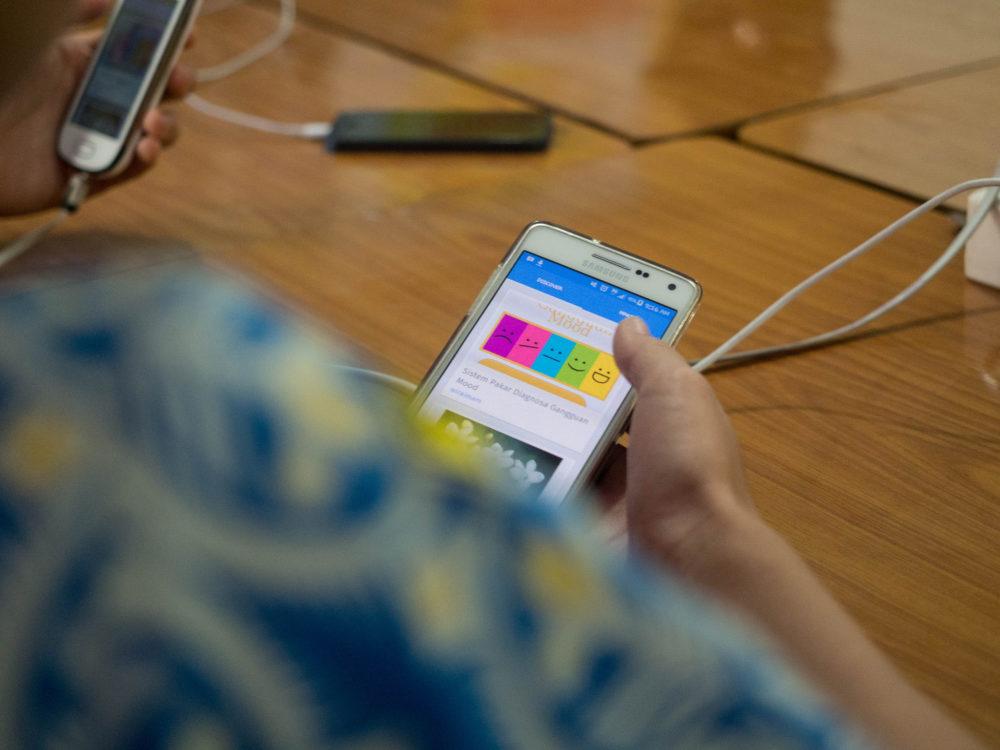Fresh research conducted by Caribou Digital and funded by Mozilla explores digital advertising models in the Global South — whether they can succeed, and what that means for users, businesses, and the health of the Internet
Since the Internet’s earliest days, advertising has been the linchpin of the digital economy, supporting businesses from online journalism to social networking. Indeed, two of the five largest companies in the world — Facebook and Google — earn almost all of their revenue through digital advertising.
As the Internet reaches new users in India, Kenya, and elsewhere across the Global South, this model is following close behind. But is the digital advertising model that has evolved in developed economies sustainable in emerging economies? And if it’s not: What does it mean for the billions of users who are counting on the Internet to unlock new pathways to education, economic growth, and innovation?
Publishers see drastically less revenue per user in these regions, partly because low-income populations are less valuable to advertisers, and partly because constraints on the user experience — low-quality hardware, unreliable network coverage, and a dearth of local content — fundamentally limit how people engage with digital content and services.
As a result, users in emerging markets will have fewer choices, as local content providers and digital businesses will struggle to earn enough from their home markets to compete with the global platforms.
Today, we’re publishing “Paying Attention to the Poor: Digital Advertising in Emerging Markets.”
It’s fresh research conducted by Caribou Digital and funded by Mozilla that explores the barriers traditional digital advertising models face in emerging economies; the consequent impact on users, businesses, and the health of the Internet; and what new models are emerging.
In summary:
Ad revenue-wise, there is an order-of-magnitude difference between users in developed economies and users in the Global South.
Facebook earns a quarterly ARPU (average revenue per user) of $1.41 in Africa and Latin America, and $2.07 in Asia-Pacific — an order of magnitude less than the $19.81 it earns in the U.S. and Canada
As a result, just over half of Facebook’s total global revenue comes from only 12% of its users
The high cost of data in emerging markets is one driver of ad blocking
Due to prohibitive data costs and slower network speeds, many Internet users in emerging markets use proxy browsers, such as UC Browser or Opera Mini, which reduce data consumption and also block ads
One report by PageFair claims over 309 million users around the world used mobile ad blockers in 2016 — with 89 million hailing from India and 28 million hailing from Indonesia
A dearth of user data — or, the “personal data gap” — presents another challenge to advertisers.
In developed economies, data profiling and ad targeting has been a boon to advertisers. But in the Global South, people have much smaller digital footprints
Limited online shopping, a glut of open-source Android devices, and a tendency toward multiple, fragmented social media accounts dilutes the value of personal data to advertisers
Limited advertising revenue in emerging markets challenges local innovation and competition.
Publishers and developers follow the money. As a result, content is targeted to, and localized for, developed markets like the U.S. or Japan — even producers in emerging markets will ignore their domestic market in favor of more lucrative ones
Large companies like Facebook have the resources to subsidize forays into unprofitable markets; smaller companies do not. As a result, the reigning giants become further entrenched
A lack of local content can have deeply negative implications.
Availability of local content is a key demand-side driver for increasing Internet access for marginalized populations, and localized media can foster inclusion and support democratic institutions
But without viable economic models for supporting this content, opportunity is squandered. Presently, the majority of digital content — including user-generated content such as Wikipedia — is in English
The outlook for digital advertising-supported businesses in emerging markets is bleak.
Low monetization rates will continue to limit the types of Internet businesses that can flourish in the Global South
To succeed, businesses in the Global South have to build more strategically, working toward profitability (and not user growth) from the very beginning
These constraints demand new business model innovations for an Internet ecosystem that is evolving differently in the Global South
“Sponsored data” or “incentivized action” models which offer free data in return for engagement with an advertiser’s content are one approach to mitigating the access and affordability constraint
Transactional revenue models, such as those seen in digital financial services, will play an increasingly important role as payments infrastructure matures
You can read the full report here.
In the coming weeks and months, Mozilla and Caribou Digital will share our findings with allies across the Internet health space — the network of NGOs, institutions, and individuals who are working toward a more healthy web. We hope our learnings will help unlock innovative solutions that balance commercial success with openness and freedom online.


